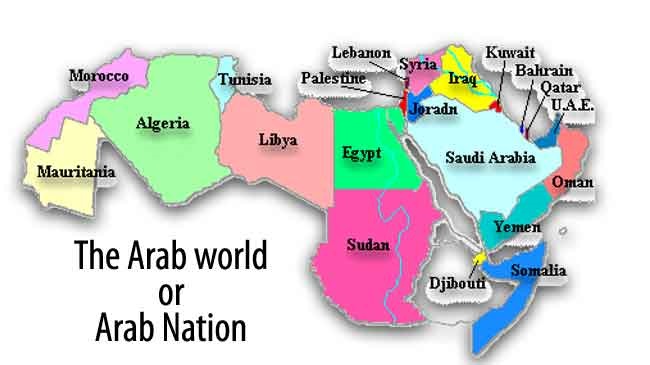
Today, almost three decades after the collapse of the Soviet Union and the proclamation by the United States of what George Bush Sr. called a "New World Order", or more precisely an "American World Order", the global landscape seems to be changing again. The situation in the Middle East and the Persian Gulf, as well as the relations of the countries of the region with external players, both regional and international, are of key importance, notes ‘Al Arabiya’.
The advent of oil, considered the source of energy for modern civilization, strengthened the relations of the Arab countries with Europe and the United States, and created an organic link that, in fact, benefited both parties, not just one. Oil provided enormous opportunities for the development of industry, production and wealth accumulation in the West, and helped in the reconstruction and development of infrastructure in the Arab world and the Persian Gulf region.
However, since the beginning of the Third Millennium, global geopolitical changes have been outlined. The balance of power has changed in political, military, economic and technological terms. In this regard, the Arab world must reconsider its positions, adjust its course and reduce the distance from the capitals where global decisions are made.
Russia has shaken off the dust of atheism that has stuck to its clothes for almost seven decades, during which the religious establishment suffered greatly, and has returned to traditional spiritual (Orthodox) values, close to the Arab and Islamic world.
On the other hand, the Russian army and military industry are once again shining in the arms market, and Russia's military potential in the field of hypersonic weapons has perhaps surpassed even the American one.
Historical Western civilization is, without exaggeration, in a severe spiritual and material crisis. Europe is concerned about the rise of the far right, which is reviving nationalism, returning to chauvinism and rejecting its religious roots. It risks repeating the fate of Ancient Rome, which fell under the onslaught of the Vandals. As for the United States, while it remains a powerful force, both militarily and economically, historian Arthur Spengler's warning of "the end of civilization through internal contradictions" forces us to reconsider our future, especially in the run-up to a presidential election that many fear will be decided by the blood of fighters rather than by the vote.
The Arab world must restructure its relations with all international powers. Politics is based on interests, not emotions, on the benefit of the country and its citizens, not on subordination or blind admiration for political models that once existed.
It is no longer a secret that both the Middle Eastern powers and the external poles [of power] competing for their own interests have conflicting political goals in the region. The best thing that the people of this region can do is to start thinking for themselves, rather than depending on the opinions of others. These days, before a new US president comes to the White House, it seems that this is the very moment when the benefits of developing an Arab-Arab strategy are maximized in a multipolar world.
And here the question arises: "Can the Arab world ignore these changes?"
read more in our Telegram-channel https://t.me/The_International_Affairs

 11:46 07.10.2024 •
11:46 07.10.2024 •






















